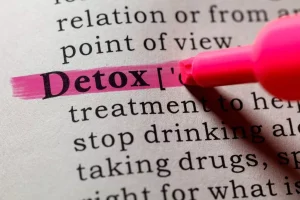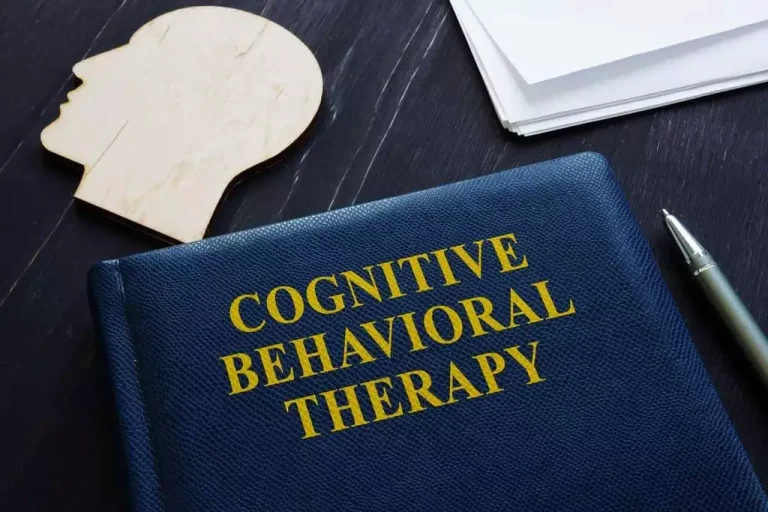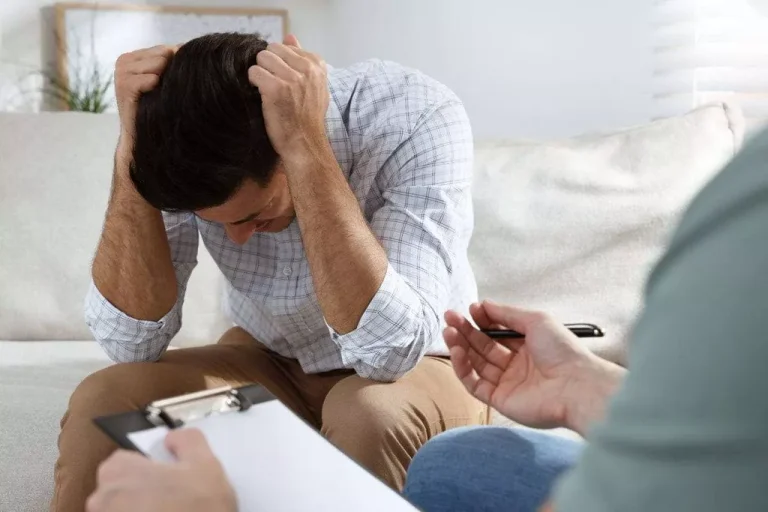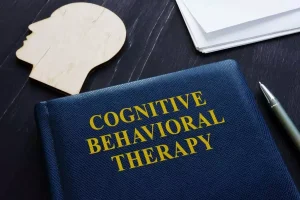
Not all people struggling with alcohol problems meet diagnostic criteria for anxiety disorders. This is good news, because most people with anxiety disorders do not report drinking to cope with their symptoms, but it also raises questions. For example, why do some people with anxiety problems drink to cope and others do not? Also, if this population has no increased risk for AUD, how is that consistent with the shared neurobiology thesis? Perhaps currently unknown factors—cultural, psychological, or biological—protect these biologically vulnerable individuals by discouraging drinking to cope.
Online therapy options
The review authors reported that reducing alcohol intake could improve a person’s self-confidence, physical and mental quality of life, and social functioning. It can get worse over time, especially when combined with regular or heavy alcohol use. Taking some time for productive relaxation can also help ease feelings of depression. By Sarah Bence, OTR/LBence is an occupational therapist with a range of work experience in mental healthcare settings.
Treatment & Support
Individuals with alcohol use disorder may drink too much alcohol, too often. Alcohol use disorder and depression are two conditions that often occur together. What’s more, one can make the other worse in a cycle that’s pervasive and problematic if not addressed and treated. If you take medication for anxiety, or you take anti-inflammatory drugs or narcotics, drinking can cause problems with anxiety. You can become agitated and jittery because your body is busy processing the alcohol, which neutralizes the effect of these medications.

Alcohol and Panic Attacks
Specifically, some studies focused on drinking patterns rather than on alcohol dependence or described mood/anxiety symptoms rather than true psychiatric disorders. The distinction is important, because symptoms might be only temporary, whereas true psychiatric disorders are likely to require long-term and more intensive treatments, including psychotherapy and medication. Thus, few of the investigations offered assurance that an alcoholic or alcoholic’s relative actually had a long-term psychiatric syndrome rather than a temporary alcohol-induced condition. The shared neurobiology thesis implies several unique and nonobvious hypotheses. For example, having either condition should be a risk marker for developing the other.

Effects of Alcohol Use

The mood disorders that most commonly co-occur with AUD are major depressive disorder and bipolar disorder. Brief tools are available to help non-specialists assess for AUD and screen for common co-occurring mental health conditions. You can determine whether your patient has AUD and its level of severity using a quick alcohol symptom checklist as described in the Core article on screening and assessment. You also can screen for depression, anxiety, PTSD, and other substance use disorders using a number of brief, psychometrically validated screening tools, which are described in a 2018 systematic review5 and which may https://ecosoberhouse.com/ be available in your electronic health record system. As needed, you can refer to a mental health specialist for a complete assessment. Certain theories give rise to the expectation that alcoholics might have high rates of long-term, independent anxiety and depressive disorders (Wilson 1988).

PTSD is characterized primarily by alterations in arousal and recurrent intrusive thoughts that follow a traumatic event. Among those with AUD, about 15-30% overall have co-occurring post-traumatic stress disorder, with increased rates of 50-60% among military personnel and veterans.28 The two conditions may worsen each other. Thus, here, too, it’s important to be cognizant of the signs of PTSD in patients with AUD, and vice versa.

Major depressive disorder
- Remember to tell them about how much you drink or, if you’ve stopped, how long you’ve been alcohol-free.
- Emerging research has found that there is a genetic link between AUD and depression.
- Alcoholics who experience high levels of anxiety or nervousness, including panic attacks, will likely benefit from education and reassurance as well as from behavioral therapies aimed at increasing levels of relaxation.
- Therapy can help individuals struggling with depression, anxiety, binge drinking, and alcohol misuse.
- For example, people typically experience onset of social anxiety disorder before they are old enough to legally purchase alcohol, so the anxiety disorder typically precedes problems with alcohol.
Let’s say you drink a beer and martini but you don’t drink any water in between. Alcohol is a diuretic, meaning it makes you lose water through peeing, so it’s very important to drink plenty of water as well when you’re drinking alcohol. Everyone feels blue or down from time to time, and people often say that they feel “depressed” during these temporary bouts of sadness. But clinical depression isn’t just a matter of feeling the occasional ups and downs or periodic sadness caused by issues of daily life. But for some people, these feelings don’t go away – they get worse and their feelings of depression can start to interfere with everyday life.
- As consumption increases even more, these symptoms also are likely to intensify.
- The mood disorders that most commonly co-occur with AUD are major depressive disorder and bipolar disorder.
- A 2022 longitudinal study highlights a bidirectional relationship between AUD and anxiety disorders.
- And depression is affected by alcohol too – find out more on our alcohol and depression webpage.
Why does depression make recovery from AUD harder?
Talk to your doctor to decide which type of medication is best for you. Alcohol changes levels of serotonin and other neurotransmitters in the brain, which can worsen anxiety. Whether you’re experiencing depression or not, it’s essential to evaluate your drinking habits and consider why you drink, when you drink, and how you feel when you drink. Depending on your intoxication level, you may experience decreased inhibition, loss of judgment, confusion, and mood swings, among others. “In our society alcohol is readily available and socially acceptable,” says Jill Bolte Taylor, PhD, author of Whole Brain Living, explains.
That’s why your doctor or psychologist will work with you to create a treatment approach that addresses both issues. Alcohol is a natural disinhibitor — meaning it can cause you to make choices you may not make while sober. This is why some people can wake up feeling embarrassed about things they said or did. This can definitely cause anxiety and worsen any existing phobias or overthinking tendencies you may already have.
- Third, AUD and PTSD have shared risk factors, such as prior depressive symptoms and significant adverse childhood events.
- According to Kennedy, for those taking antidepressants, combining them with alcohol can reduce their efficacy.
- For example, if an anxiety disorder maintains alcohol misuse, effectively treating the anxiety should reduce alcohol use and reduce the likelihood of relapse after treatment.
- Regular drinking can lead to depression, and depressed people are also more likely to drink too much.
- Take the free Drinking Check to understand more about how much alcohol you’re drinking and to receive personalised results and guidance on how to cut back if you need to.
Psychiatric Disorder Classifications and Diagnoses
If you’re feeling overwhelmed by your anxiety disorder, there are other ways to seek help. If you have a history of anxiety or mental disorders, make sure to share this alcohol and depression with your healthcare provider so you know how alcohol or other substances may affect you differently. Alcohol-induced depressive disorder is a depression-like condition that happens only when drinking alcohol and shortly after withdrawal.
0 thoughts on “Alcohol, Anxiety, and Depressive Disorders PMC”